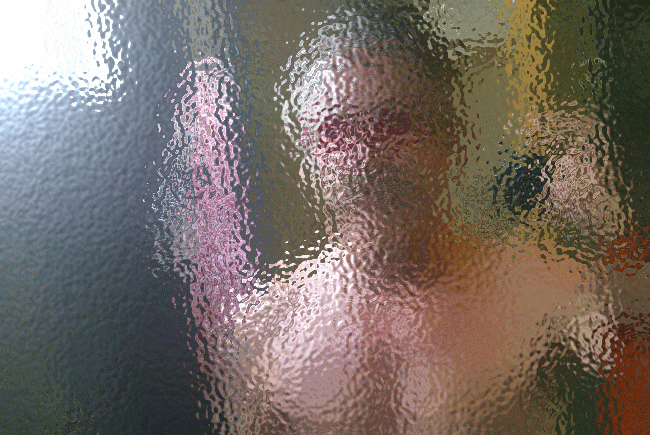Revenge porn... yet again
 |
| Revenge porn |
This is the third time I have returned to the subject of
revenge porn (previous posts are here and here) and I’d like to make clear from
the outset that I am not some sort of pervert worried that his fun is going to
be ruined by this new law… okay I’m not just a pervert (that’s a joke by the way).
The offence is now on the statue books and is contained
within the brand new Criminal Justice and Courts Act 2015, which received Royal
Assent last week. Section 33 makes it a
criminal offence:
“for a person to disclose a private sexual photograph or film if the
disclosure is made—
(a)without the consent of an individual who appears in the photograph
or film, and
(b)with the intention of causing that individual distress.”
Note there that the Act is talking about a “disclosure”,
not a publication. So, while it is convenient
to think of somebody posting a picture of their ex to the internet this offence
could be committed by showing the photograph, for example to people in the pub,
without actually publishing it.
The section then goes on to create four defences:
- Disclosure to the person in the photograph;
- Disclosure of the images is necessary to prevent crime;
- Publication by the press (it might be illegal for you to put the pictures on an obscure website but it’s okay for Rupert Murdoch to put them on the newsstands for your mum to see); and
- The images have previously been publish “for reward” and the defendant had no reason to think that previous publication was done without the consent of the person in the image.
It’s worth noting that the offence is not limited to the original
publisher. So, if Kevin is upset because
Melanie dumped him and he takes revenge by posting some saucy photographs on
the Twitter then Kevin will be guilty.
However, if Mark sees them and wants to add to Melanie’s suffering then
he commits an offence by hitting the retweet button (let’s be honest I think
Facebookers are the more likely culprits of this sort of thing, so maybe I
should say the “share” button).
Many of us will have seen the Facebook posts where the
party of the first part denounces the party of the second part as an
adulterous bastard and accompanies the post with a photograph of the party of
the first part’s part with a reference to its inferior size…no? Just me then is it? Well, take it from me that such posts are
invariably shared with additional comments about just how awful the unhung scoundrel
is. It seems likely to me that such
re-sharing of the image will constitute an offence under the Act. Will there be an appetite to go after
prosecutions on a Lord McAlpine scale? I
doubt it.
With that we move on to the real problem with the offence
as I see it. The definition of the
offence requires the defendant to disclose the image “with the intention of
causing [the person pictured] distress”. How will we know if the defendant was
motivated by a desire to cause distress?
You might think that the answer is obvious: if Ricky is upset at Bianca
and shares tawdry image of her knowing it will cause her distress then he must
have meant to cause her distress since that is the obvious outcome of his actions? Well,
subsection 8 has something to say about that:
“A person charged with an offence under this section is not to be taken
to have disclosed a photograph or film with the intention of causing distress
merely because that was a natural and probable consequence of the disclosure.”
So we have the dilemma of how to prove that Ricky meant
to cause Bianca distress. If Ricky says
he didn't mean to cause distress then how are we to disprove that in light of
subsection 8?
As I have said so often on this blog, there is a tendency
for politicians to react to the outrage of the day by abusing the criminal law; twisting it to purposes it was never intended to handle. I think that this might just be one of those
situations. It is easier for a politician to say, “this
is a crime” (even with as many caveats as this offence has) then it is to say “look
you lot need to take some responsibility for yourself. If you don’t want mucky pictures of yourself
on the internet then don’t share them with other people.” It’s also an easier sell to the press to say “we've
made this illegal” than it is to say “we’re encouraging parents and teachers to
educate kids about how not to get into this situation as adults.”
The biggest problem is that it does little to address the actual harm at its heart. Even if Ricky goes to prison for 20-years (which he obviously won't) the pictures will still be on-line for all to see. That's why I see this offence as a shirking of politicians duty to protect those who might do their reputation some serious cyber-harm.
The biggest problem is that it does little to address the actual harm at its heart. Even if Ricky goes to prison for 20-years (which he obviously won't) the pictures will still be on-line for all to see. That's why I see this offence as a shirking of politicians duty to protect those who might do their reputation some serious cyber-harm.

Interesting - reminds one of Criminal Justice Act 1967 s8
ReplyDeletehttp://www.legislation.gov.uk/ukpga/1967/80/section/8